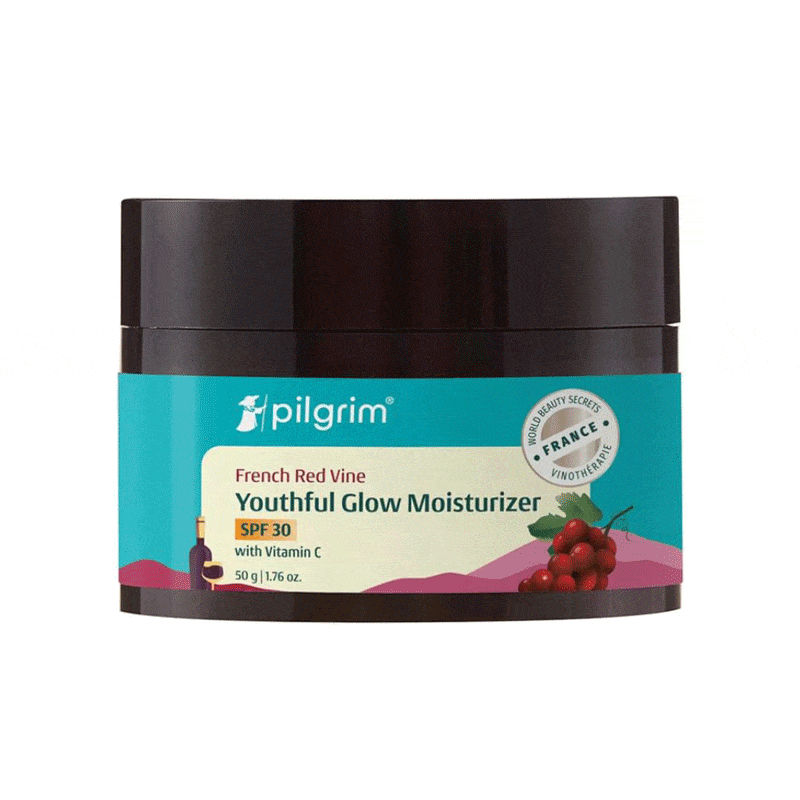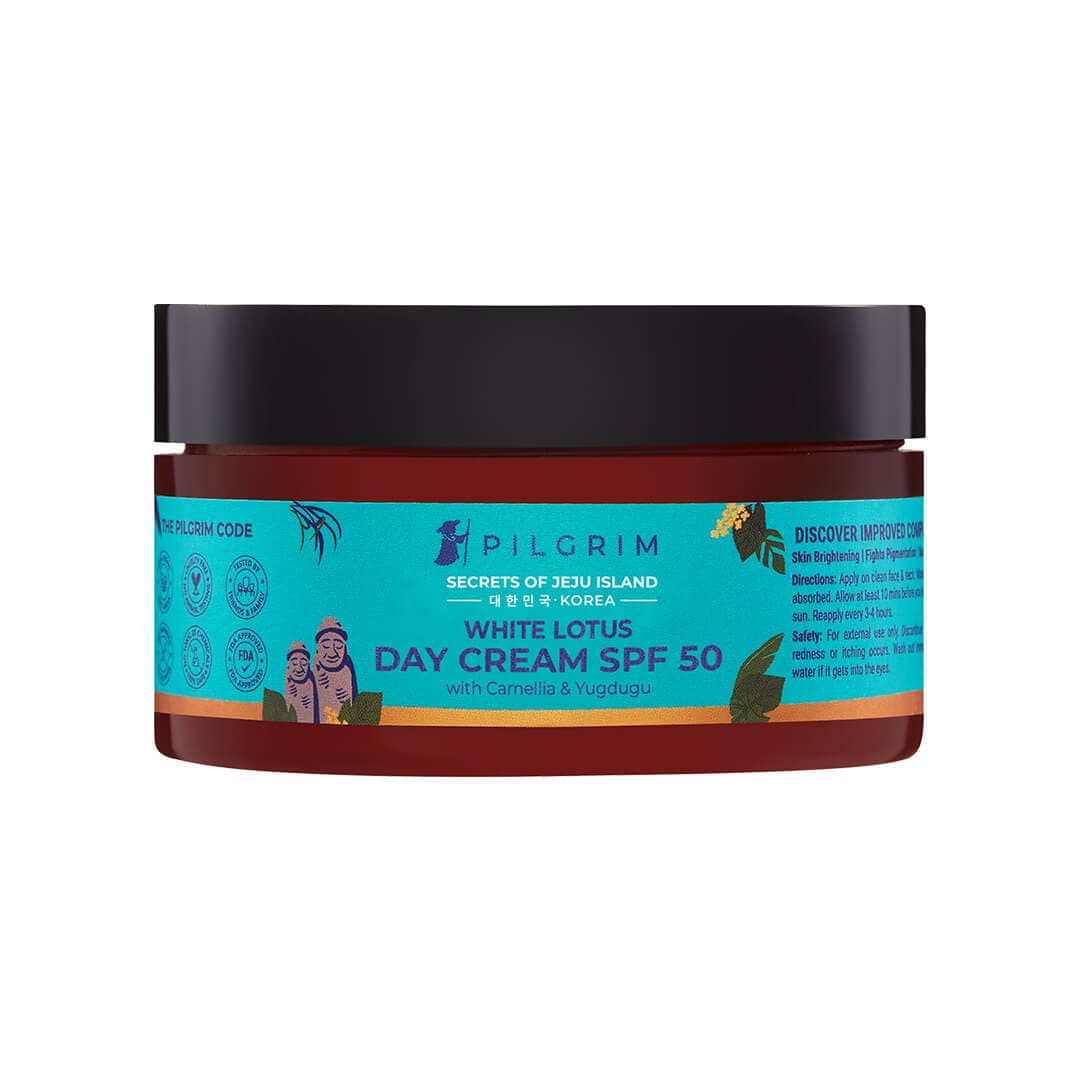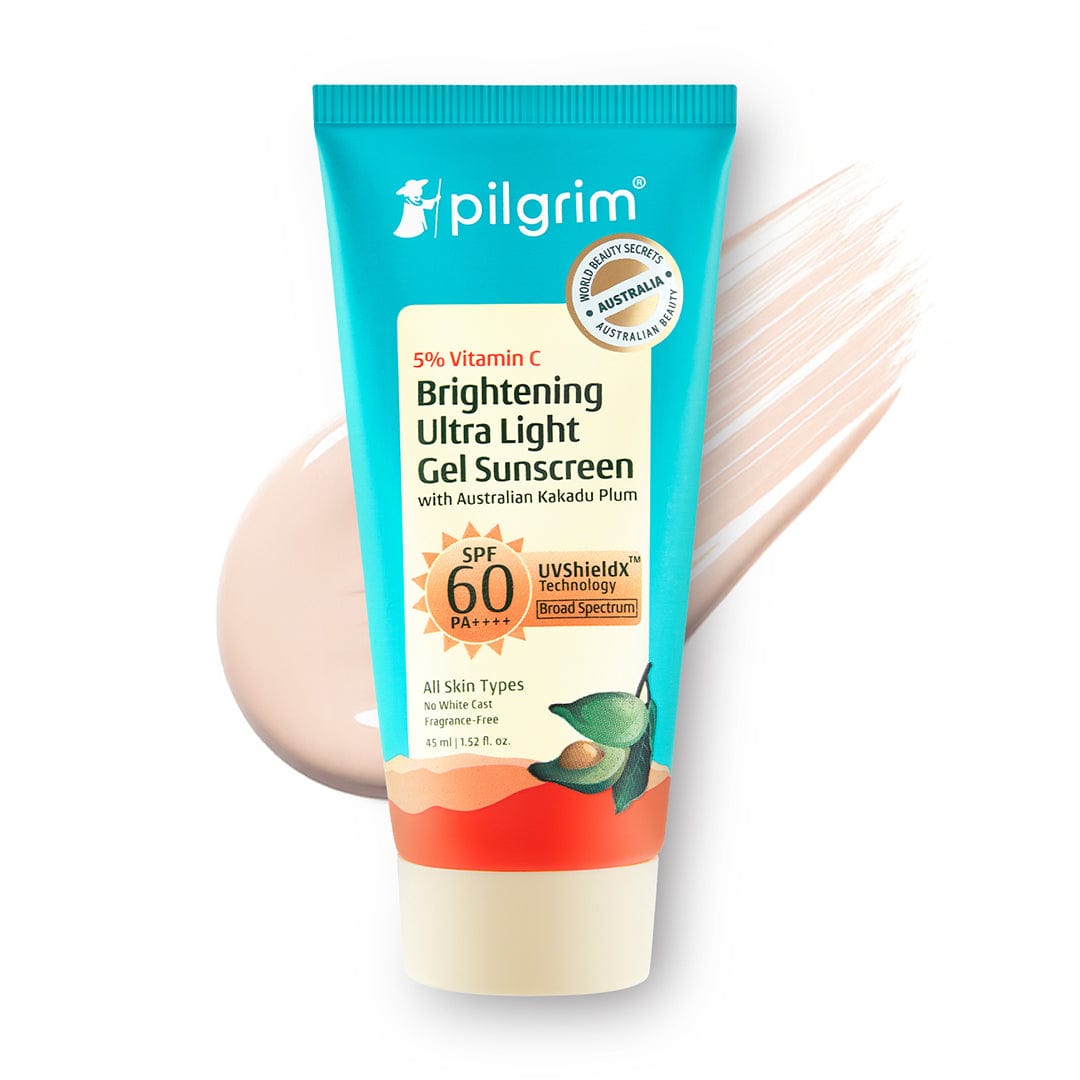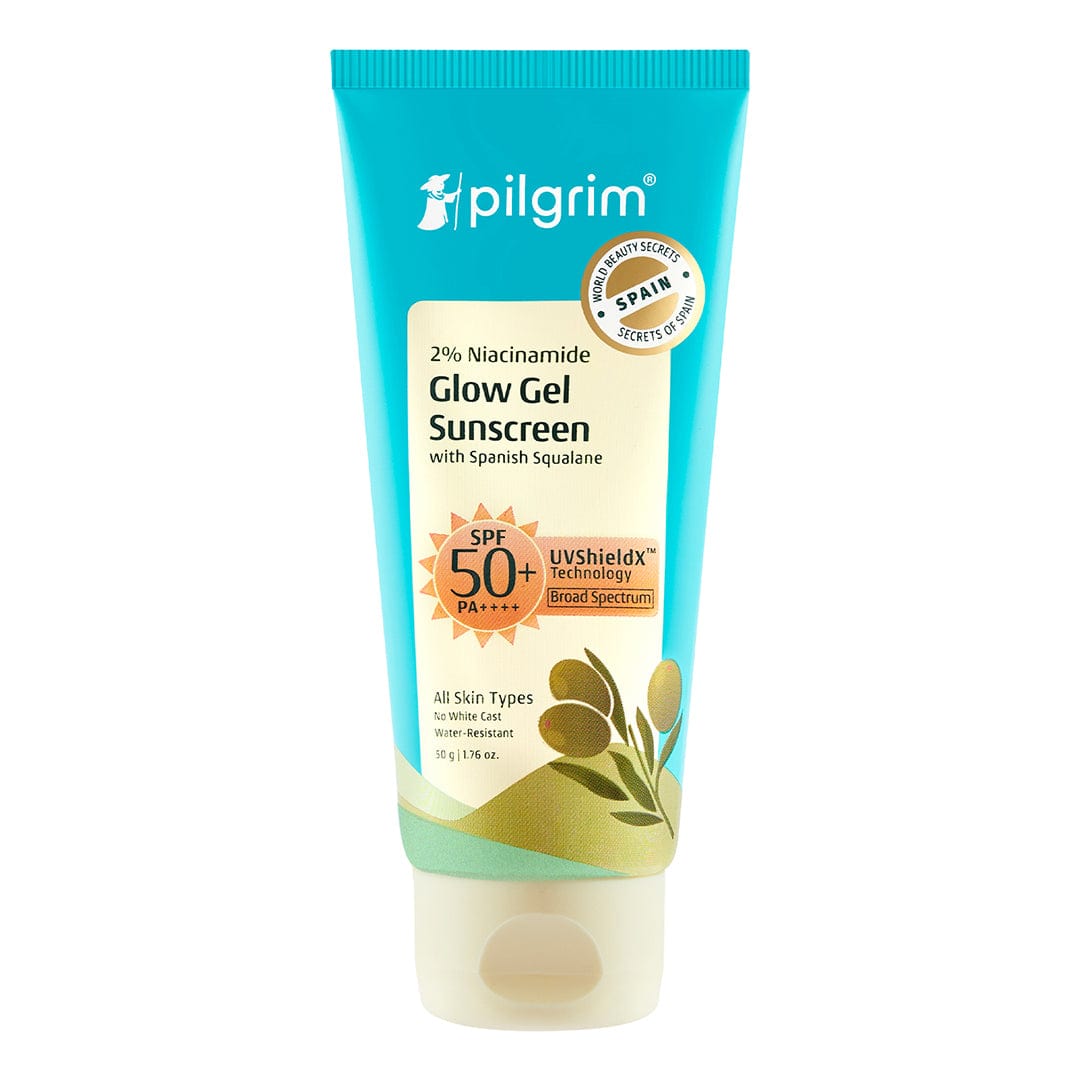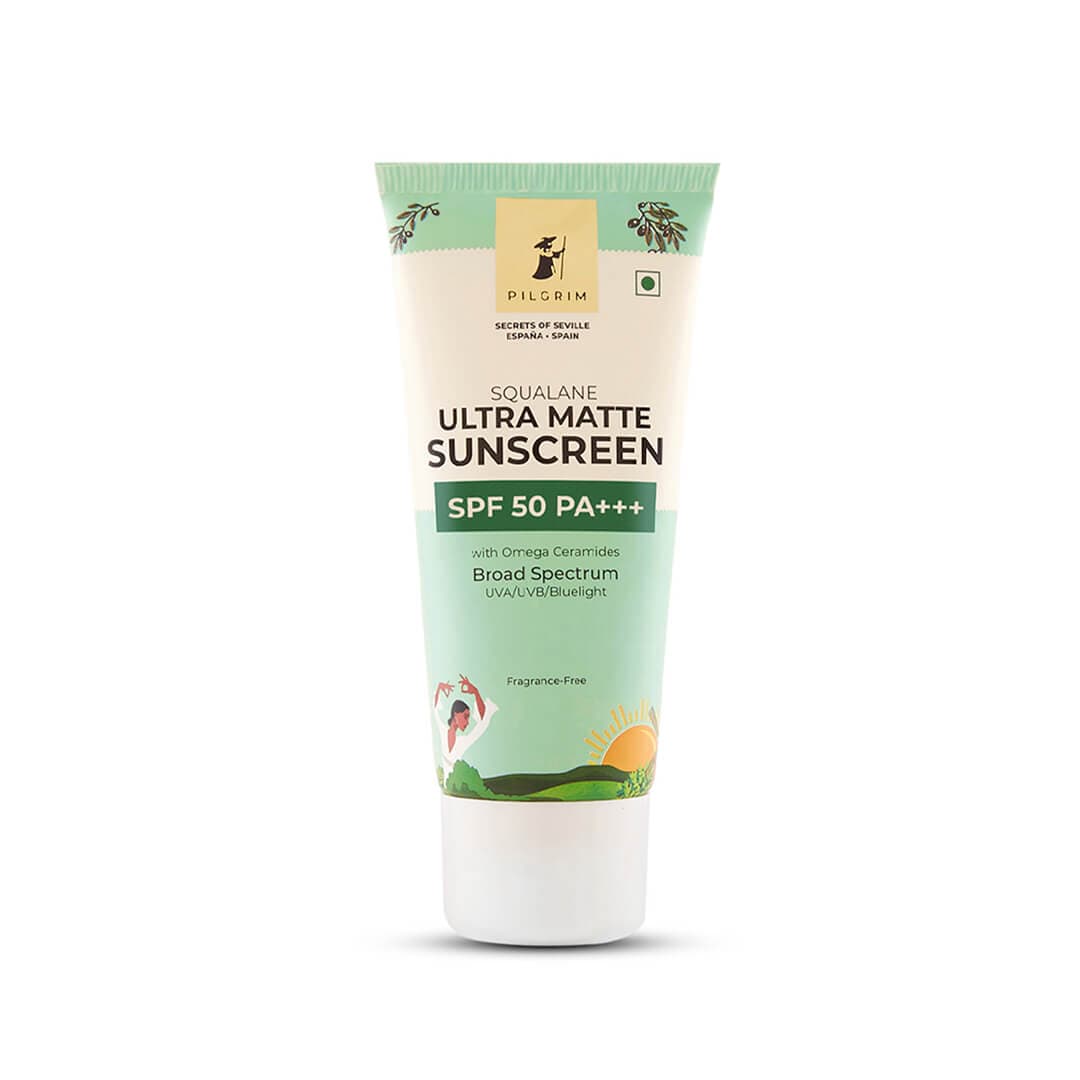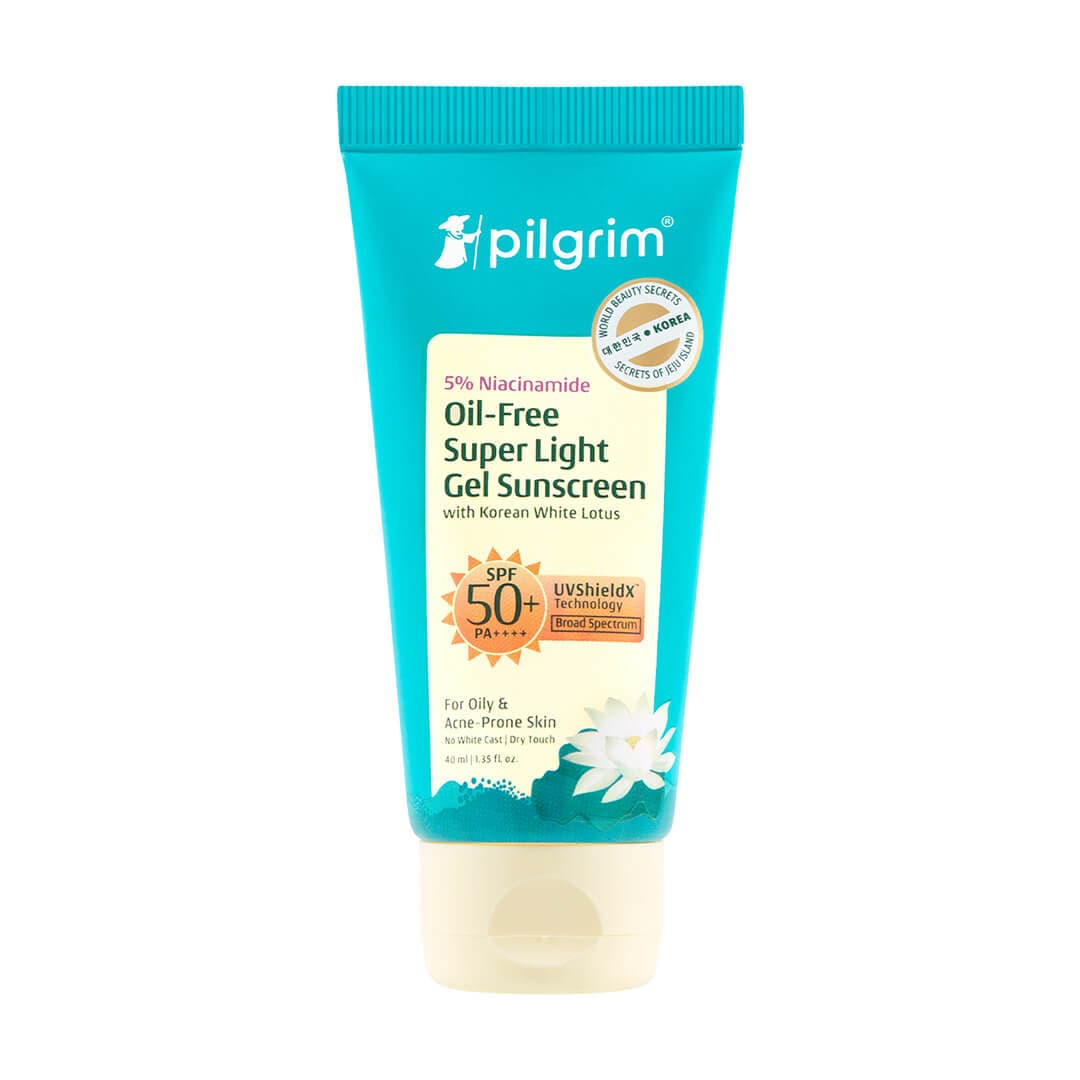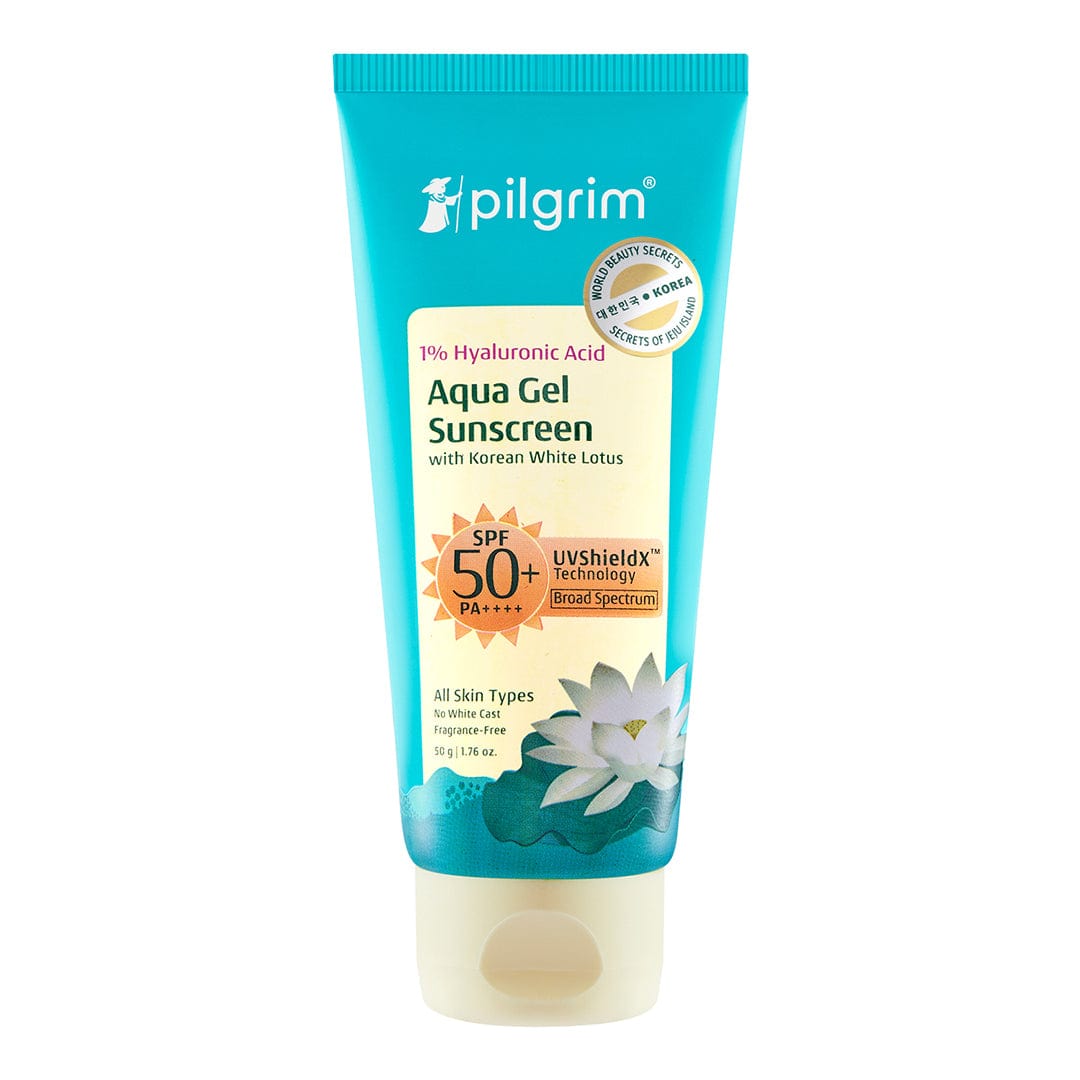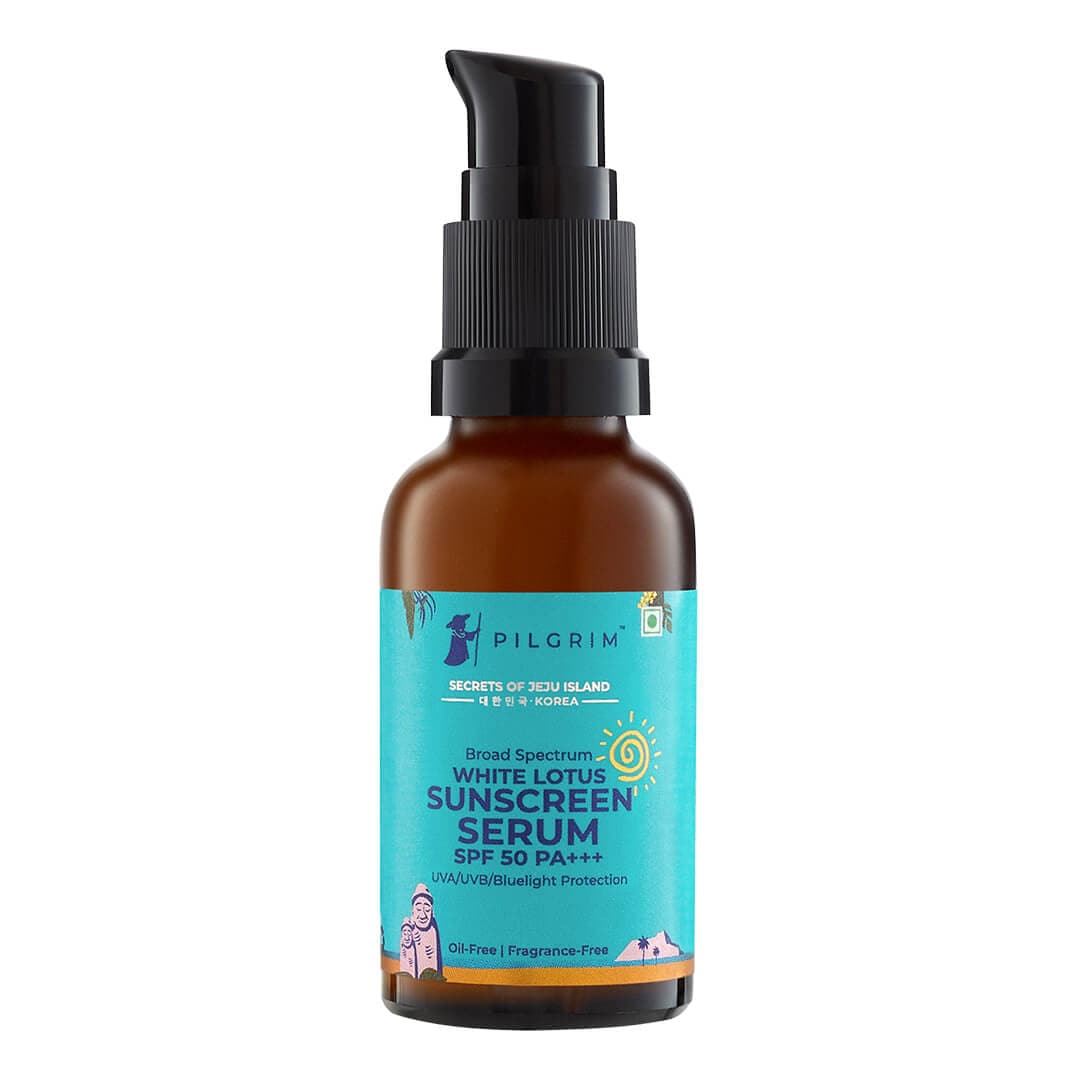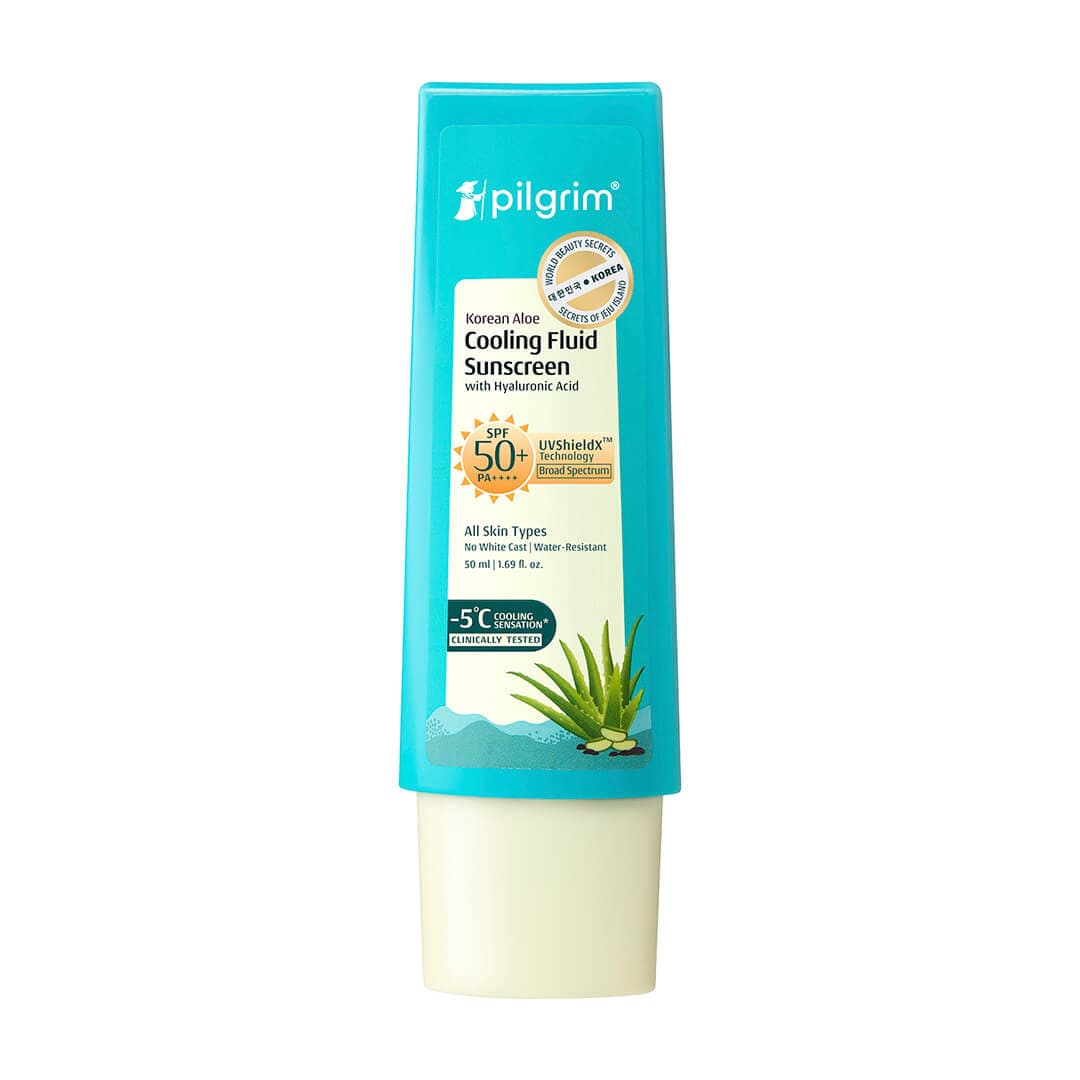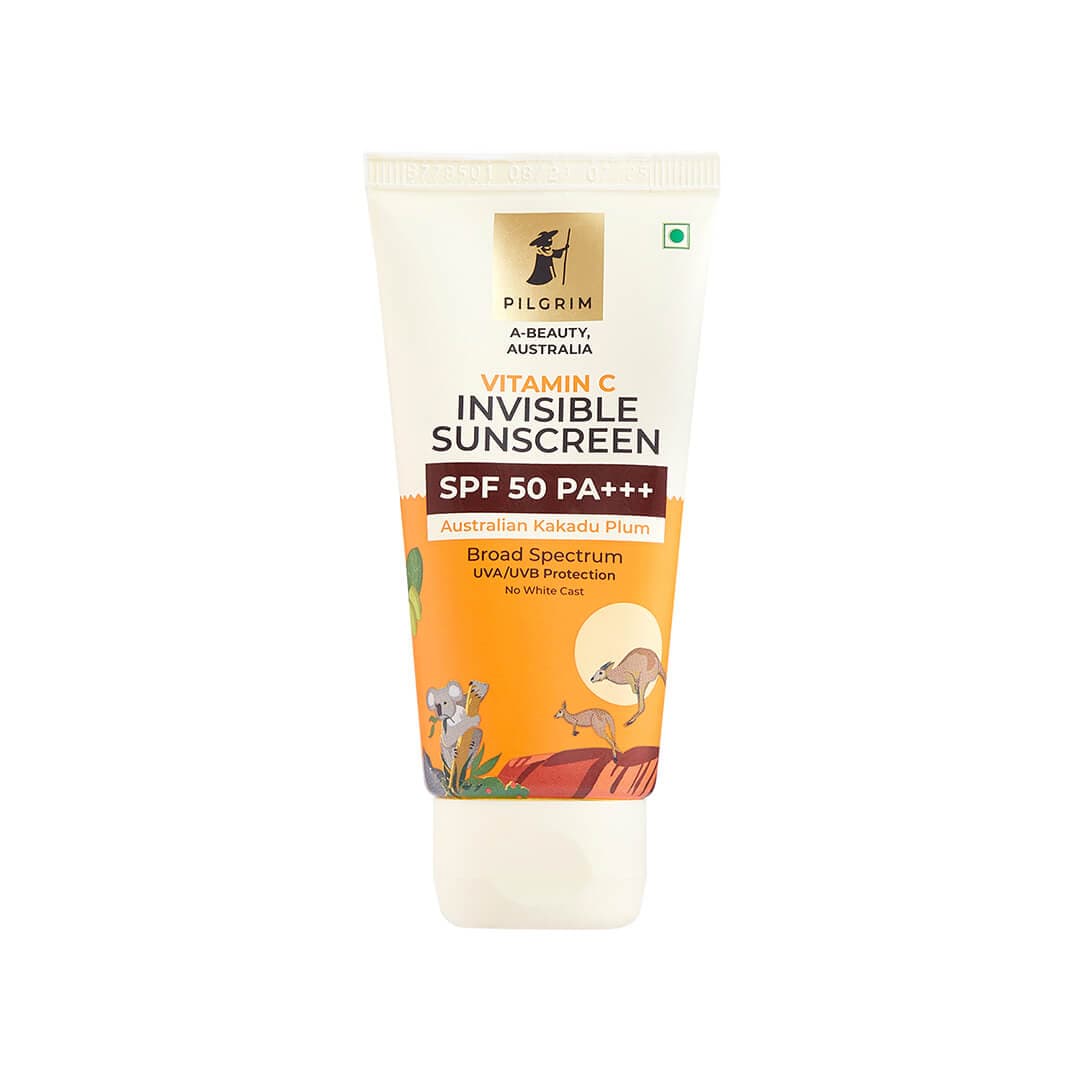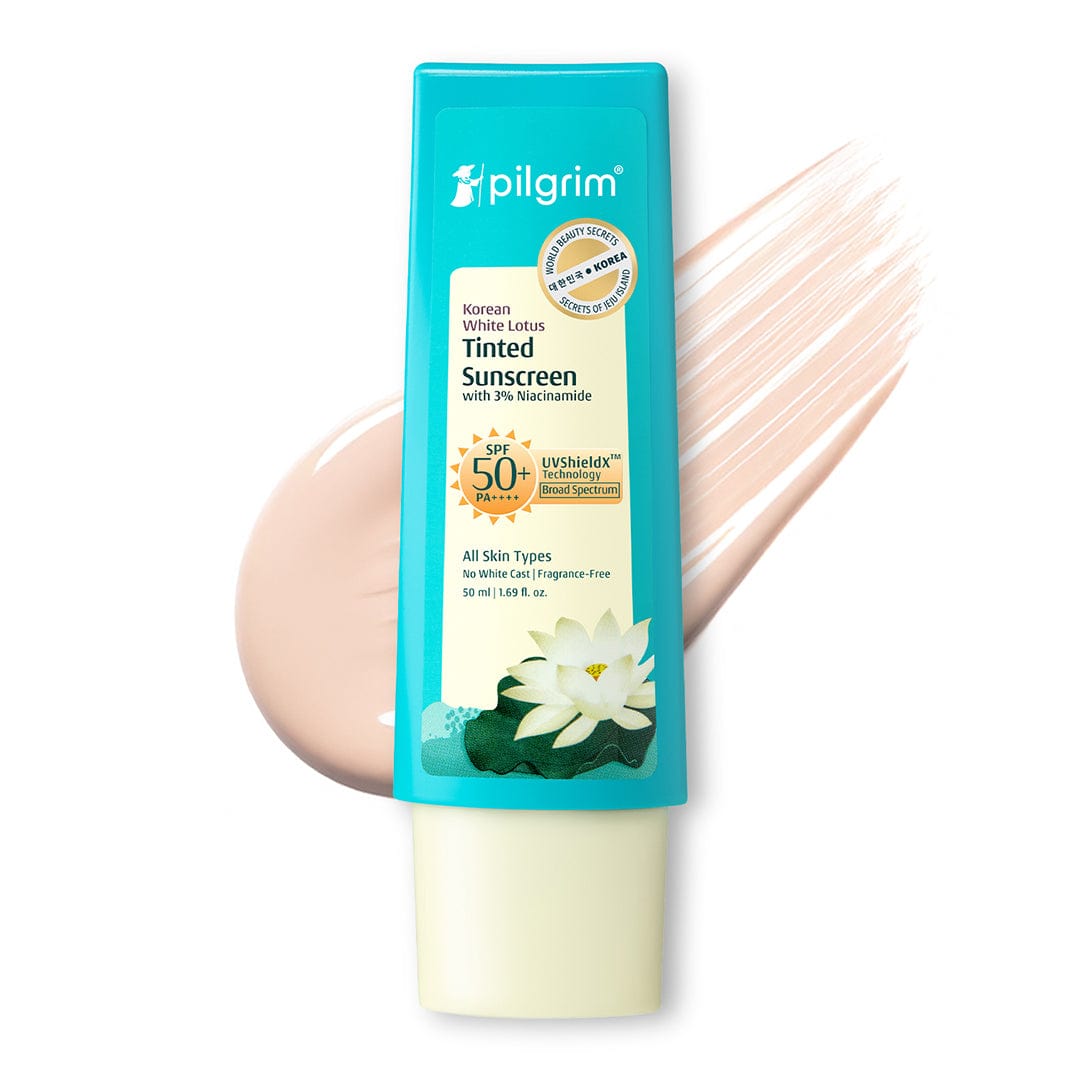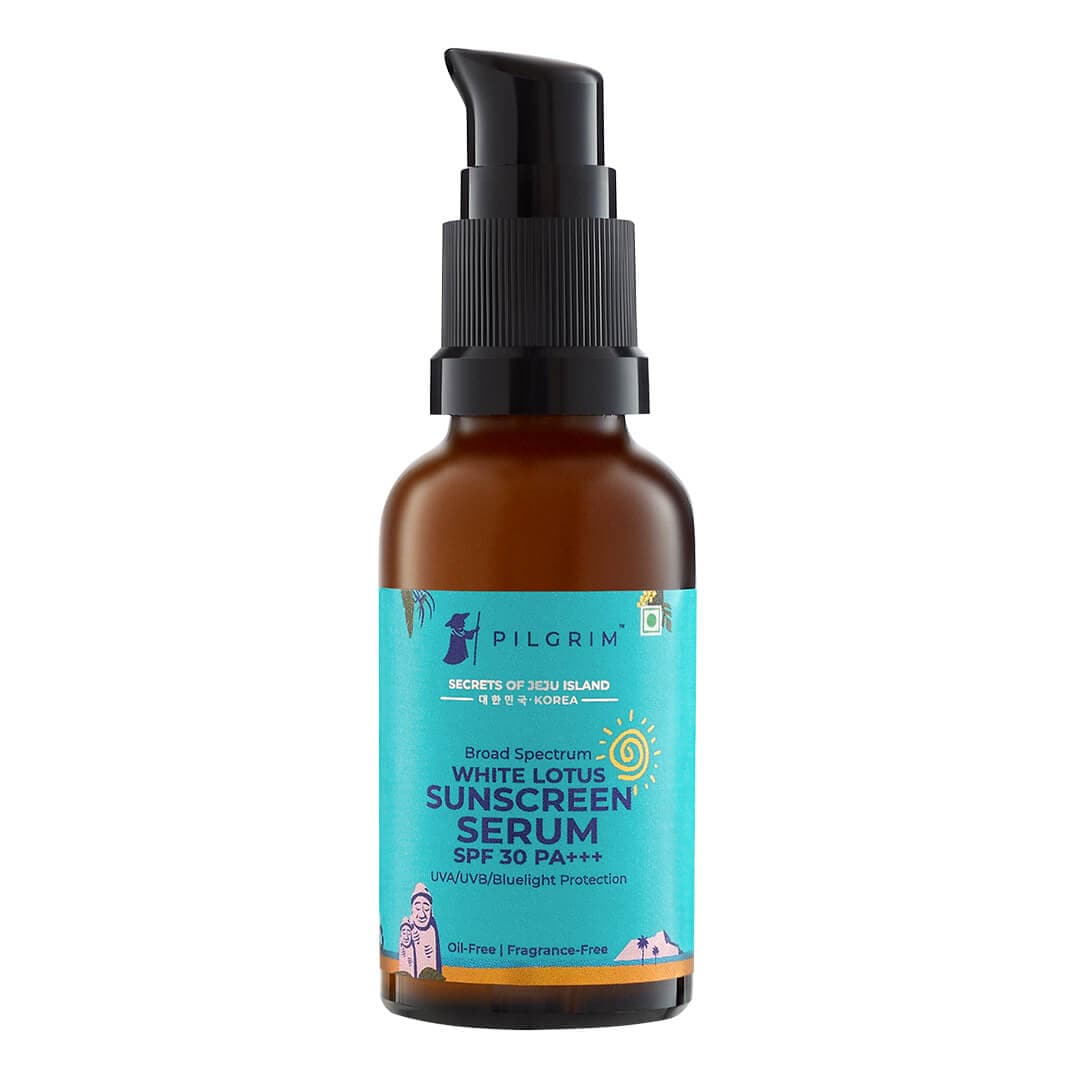FAQs
SPF stands for Sun Protection Factor. When you see SPF 50 on a sunscreen, it means the product is designed to block about 98% of UVB rays1. UVB rays are the type of ultraviolet radiation that causes sunburn and can contribute to skin cancer.
Yes, sunscreen is good for the skin. It helps protect against harmful UVB rays, which can cause sunburn and contribute to skin cancer. Using sunscreen regularly can prevent premature aging, such as wrinkles and dark spots, and maintain overall skin health. It's important to choose a sunscreen that suits your skin type and provides broad-spectrum protection with an appropriate SPF level.



